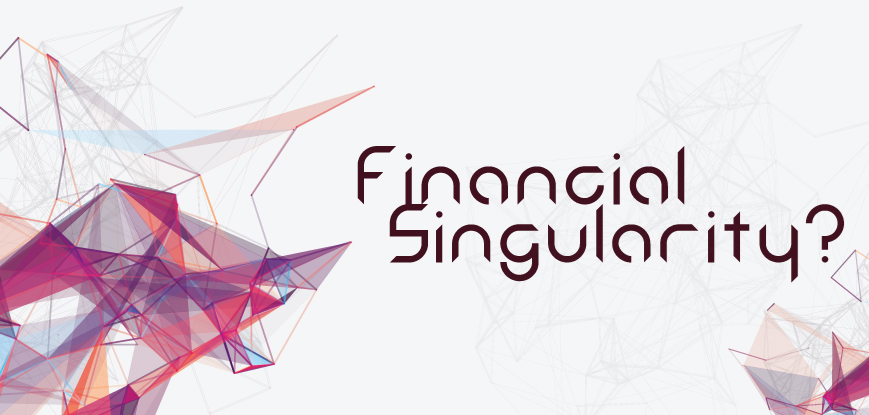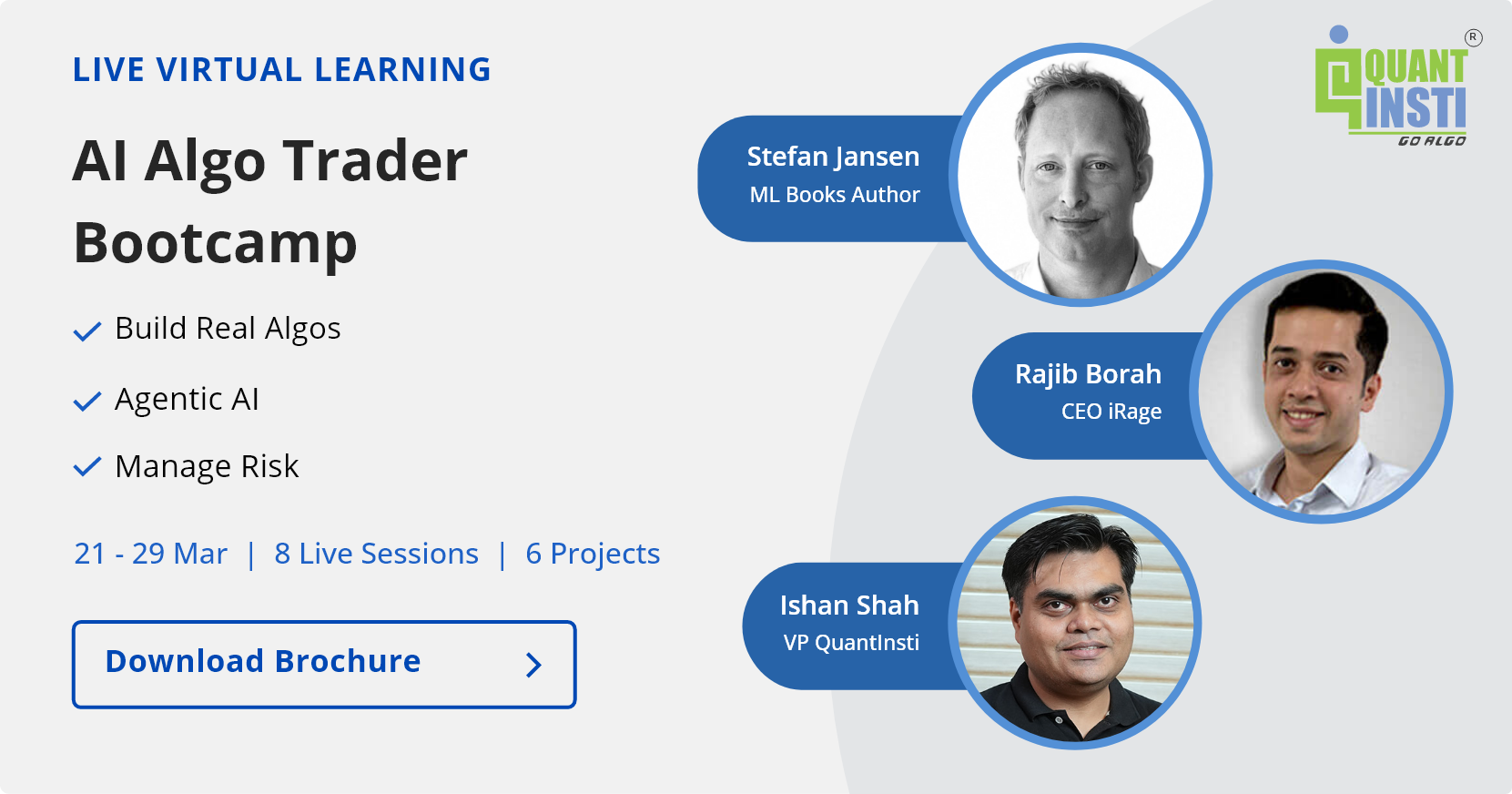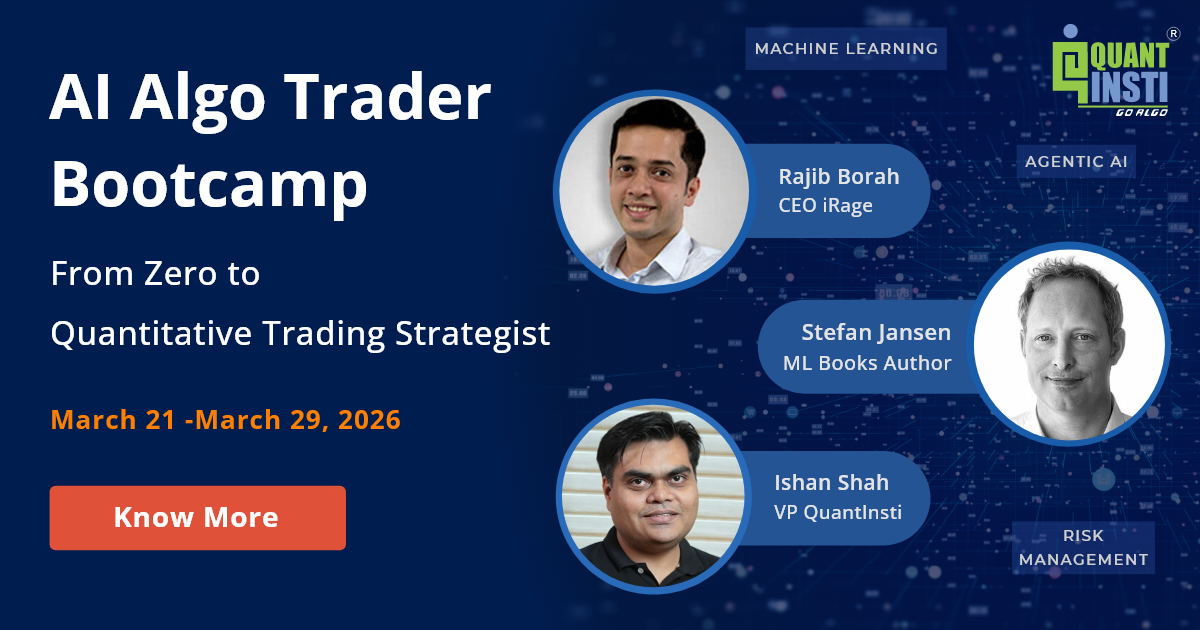It’s upon us, there are going to be fundamental changes in this world that will redefine the way things work. There will be a superior species created by us that will not only be aware but will be far more intelligent than humans. Ray Kurzweil says it is going to happen in less than 30 years. But how is it going to pan out? Is it going to be bad for humans (the inferior species)? Well, no one really knows. It’s unfathomable. Stock markets are no exception to this. In fact, Artificial Intelligence (or AI) is already playing a role and it is changing the markets in many ways. In this blog post, I am going to share my views on the repercussions of this transformation. I have my reservations, the more I think about this, the scarier it seems.
Disclaimer: This blog post represents my sole opinions and predictions. You should take it with a pinch of salt (can add white rum, mint leaves, sugar and lemon too, just saying).
Artificial Intelligence So Far...
In stock markets, there is algorithmic trading or automated trading which is being used by many institutions and retail investors for almost a decade now. But most of the algorithmic trading that’s happening right now isn’t true Artificial Intelligence, it’s just an algorithm with a set of detailed rules and action workflows. It would be called true A. I. if the algorithm adapts to market conditions, learns from past experiences, reasons and accordingly makes trade decisions. We’re not there yet, but we are not too far either. Some of the larger trading houses like Blackrock, Two Sigma, Renaissance technologies and others are employing Artificial Intelligence for picking stocks and as a result, firing human stock pickers. Companies like JP Morgan and IBM are trying to bring AI into financial regulations and compliance to make things easier. I will come back to stock markets in a bit, let me first tell you...
Why Am I Scared?
There is an immensely complicated strategy game called DOTA 2, which is played between two teams of five players each. To win, a team has to defeat the other’s stronghold, this is done by winning multiple group fights and employing numerous shrewd strategies. The game has 100+ heroes (each player in the team plays 1 hero), 1000+ hero powers and even bigger inventory of items and weapons. And not to mention the kind of skills, intuition and timing that are required in the hasty team fights. All of this creates a huge level of complexity and possibilities. Players usually train for years before they can even qualify for decent tournaments.
Now, Open AI, Elon Musk’s startup which works towards advancing Artificial Intelligence in an open source manner. They developed a bot that self-learned the game in a matter of few days and was able to beat the world’s best player ‘Dendi’ in a 1-v-1 match. The bot played in a humanlike way (no moves that a human player won’t be able to replicate) and came up with tactics that were better than top players in the world. The Open AI team in an interview said, sometimes they didn’t understand why the bot did what it did. This new, improved ability to evolve in a complex environment without much training by humans just opens up a lot of possibilities. And that’s what scares me. The same applies to stock markets, as the A.I. advances to new abilities, the involvement, impact, and ability to influence the markets will drastically increase. From stock picking to analyzing every element that could affect the price of a stock and make decisions accordingly in real time will become a possibility. This poses a lot of questions when Artificial Intelligence starts dominantly playing a role in our financial world.
Will Markets Serve Their Primary Purpose?
Markets serve a very important and fundamental purpose in the society, which is to provide correct valuation and liquidity for an asset, stock or a commodity. Quite often than not, stock prices are either undervalued or overvalued and investors try to take advantage of this to make money. It would be safe to assume that the time taken for stocks to return to their correct value is the time an investor would ideally be holding that stock for. And in the last few decades, the time taken for prices to reach the correct valuation has been coming down. According to Mark Warmer,
“The average time someone used to hold a share of stock back in the ’60s was eight years. Now, the average time is four months.”
With the advent of Artificial Intelligence, the time for stocks to reach correct valuation will drop to a fraction of seconds. Artificial Intelligence will be able to do the evaluations and predict the correct valuation by considering all technical, fundamental, and external factors. All of this will happen in a jiffy. AI in trading stocks can process vast amounts of data almost instantly, adjusting valuations based on real-time market conditions and news, which drastically reduces the time lag in price discovery.
Markets might even be able to achieve the situation mentioned in Efficient Market Hypothesis (EMH) by Eugene Fama in the 1970s. The hypothesis states that every stock trades at the fair price on the stock exchange; this can become a reality if the fair price realization takes a fraction of a second for misvalued stocks. This might change the traditional investing model, AIs might have to depend on riskier investments to make money. If the hypothesis ever comes true, we will have all the stocks trading at their fair value. Would this mean we would have less or no liquidity at all? Let me explain. Consider this pong game,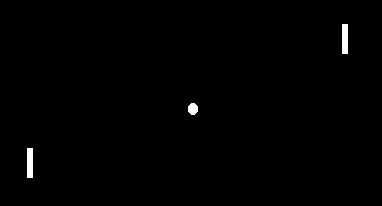 At our current human-level intelligence, we can predict this game using laws of physics. We can predict the position of the ball several frames in advance with definite certainty. Even when the players in the system decide to be irrational in their play. This is possible because we know all the active variable forces in the system. This game might appear very random even magical to species of lesser intelligence, but certainly not to us. We are like God.
At our current human-level intelligence, we can predict this game using laws of physics. We can predict the position of the ball several frames in advance with definite certainty. Even when the players in the system decide to be irrational in their play. This is possible because we know all the active variable forces in the system. This game might appear very random even magical to species of lesser intelligence, but certainly not to us. We are like God.
The same way, our financial market is a closed system with a huge but finite number of forces acting in it. The A.I. of the future will have more than enough intelligence to predict what all the forces and their combined effect will do. For AI there will be no randomness, they will have an answer to why something happened and what might happen next. Artificial Intelligence will literally be like God. This also means Artificial Intelligence will be able to predict current and future fair value of any stock. And this ability will not be exclusive to any individual or institution. All the AI in the market will have this humongous power, the same way all of our smartphones are more powerful than the computer that powered the flight to the moon. So when it comes to evaluating any stock, all Artificial Intelligence in the market will have factored in everything and reached the same conclusion. There will be no speculation meaning no liquidity. I’d love to hear your thoughts on this? Please comment.
Will There Be Crashes?
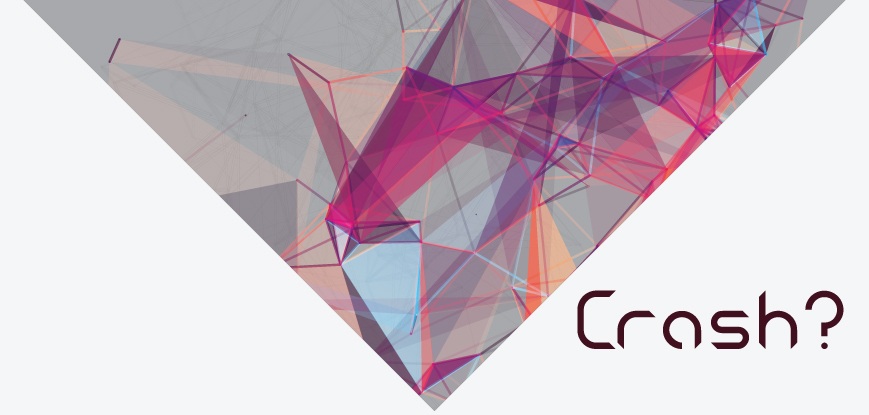 This one is difficult to answer. But I think, it will depend mostly on what kind of regulations we implement as the Artificial Intelligence keeps on improving. Remember the flash crash of 2010? While you can read this detailed report to understand why it happened. I can tell you in a sentence, it was the unpredictable behaviour of algorithms that were designed to predict and follow other algo’s movements resulting in a spiral reaction, flooding the market with a huge magnitude of orders that led to this brief crash. What could have prevented this? A system that could have foreseen such situation and suggested a regulation as a preventive measure. An equally intelligent AI would probably have been best suited for this job. As we move deep into the complex Artificial Intelligence system, it will become practically impossible for humans to predict the kind of moves AI can pull. If we really want to have a fair market situation we would need another Artificial Intelligence of equal or more calibre to put restrictions into place.
This one is difficult to answer. But I think, it will depend mostly on what kind of regulations we implement as the Artificial Intelligence keeps on improving. Remember the flash crash of 2010? While you can read this detailed report to understand why it happened. I can tell you in a sentence, it was the unpredictable behaviour of algorithms that were designed to predict and follow other algo’s movements resulting in a spiral reaction, flooding the market with a huge magnitude of orders that led to this brief crash. What could have prevented this? A system that could have foreseen such situation and suggested a regulation as a preventive measure. An equally intelligent AI would probably have been best suited for this job. As we move deep into the complex Artificial Intelligence system, it will become practically impossible for humans to predict the kind of moves AI can pull. If we really want to have a fair market situation we would need another Artificial Intelligence of equal or more calibre to put restrictions into place.
Will There Be A Financial Singularity?
Financial singularity refers to a market situation where all the trading decisions are taken by Artificial Intelligence. Humans will not trade at all. Is this going to happen sometime in future? Of course yes! Future A.I. will be aware, far more intelligent and not to mention quicker than humans. This would be like horse carts vs. automobiles at the turn of 19th century, only in this case, it's not automobiles but directly rockets. The question is when will the financial singularity happen? Given the rate at which we are progressing today, I think Ray Kurzweil’s prediction seems very plausible, it wouldn’t be a surprise if singularity happens much before that.
Next Steps
A future with Artificial Intelligence is inevitable, it is far easier to adapt and get the machine learning edge in your trading. I would highly recommend signing up for our ‘Machine Learning for Trading’ online course bundle. There is a 30% discount going on. Check it out here.
Disclaimer: All data and information provided in this article is for informational purposes only. QuantInsti® makes no representations as to accuracy, completeness, currentness, suitability, or validity of any information in this article and will not be liable for any errors, omissions, or delays in this information or any losses, injuries, or damages arising from its display or use. All information is provided on an as-is basis.

